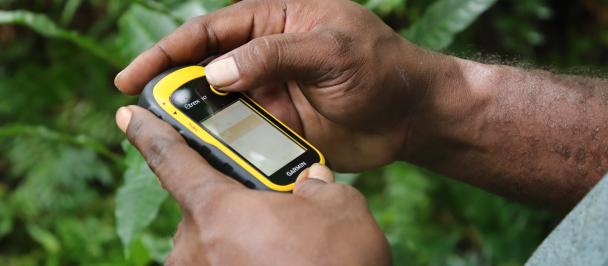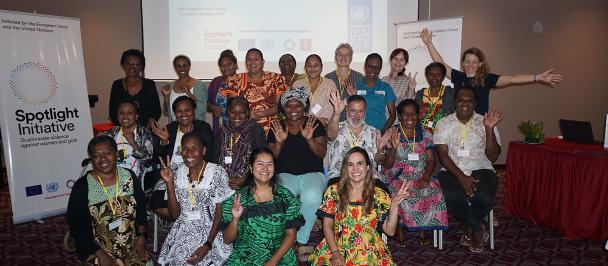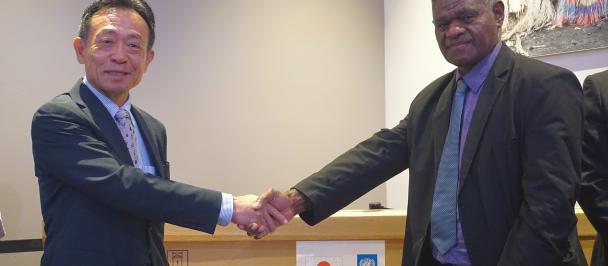Why preparedness is not a luxury, but a necessity, in Fiji
May 16, 2023
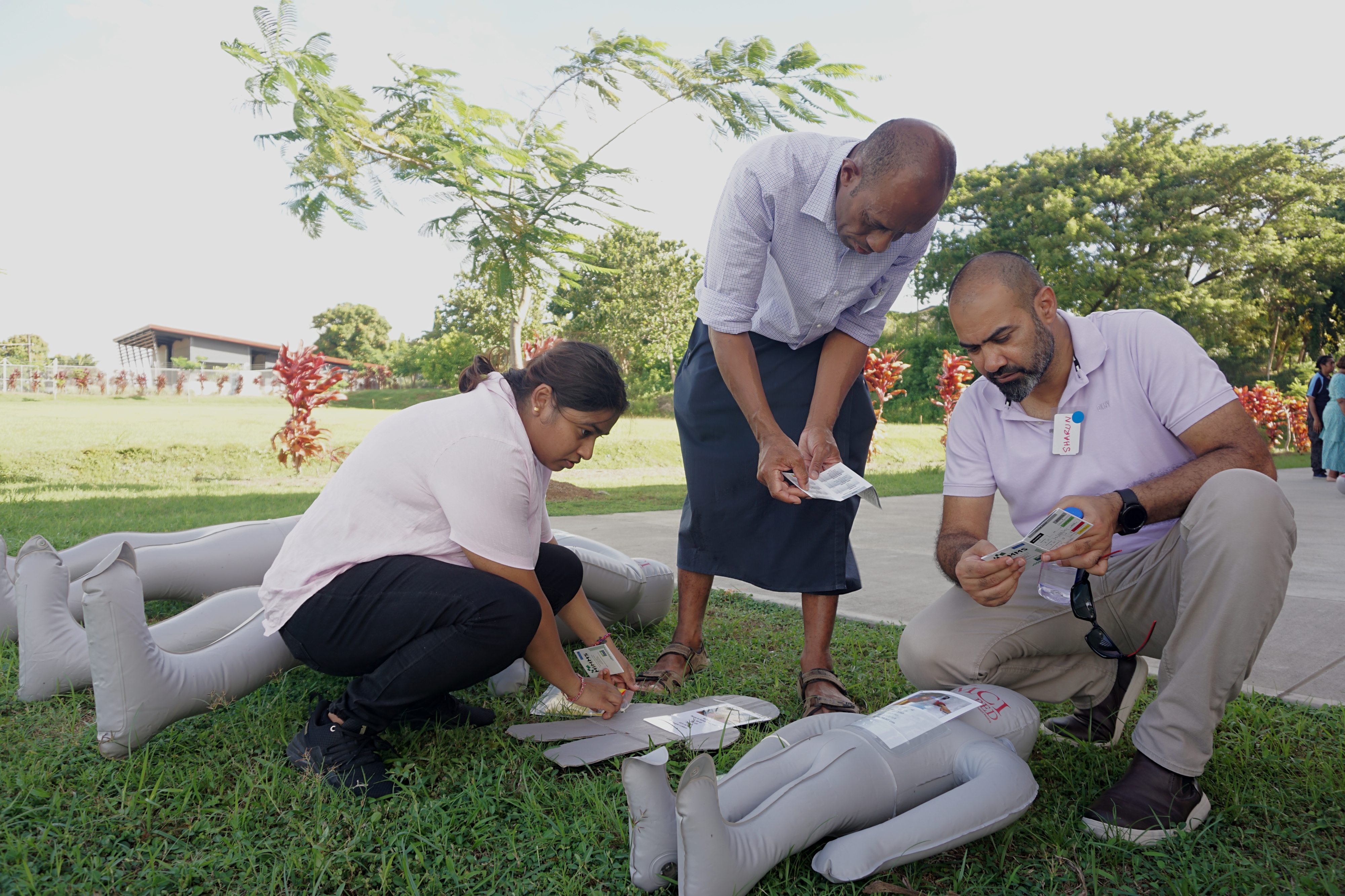
Participants take part in emergency preparedness training at Blackrock, Nadi.
In the aftermath of the devastating COVID-19 pandemic, nations worldwide have joined forces to ensure their readiness for future emergencies.
The concept of preparedness, of a nation being ‘ready’ for a traditional or non-traditional threat to their population or at their borders, is certainly nothing new. The difference now being that countries find preparedness to be a necessity, rather than simply being a desire.
As a Pacific Island nation, you walk the line of relatively safety – thanks to geographical remoteness – alongside the complexities and vulnerabilities that come with being a developing country. Fiji, as the fourth largest economy in the Pacific (that ranking including the two regional superpowers of Australia and New Zealand) is no exception to this rule, with the country now assessing its state of readiness in a post-pandemic world.
A series of training sessions conducted by the Australasia Major Incident Medical Management and Support (MIMMS) Organization have been taking place at the Blackrock Camp in Nadi, with frontline staff, first responders and clinicians at the country’s points of entry participating gathering the tools needed to swiftly respond to any emergency threat.
Dr. Mamatuki Sosefo, Deputy Director of Nursing at Lautoka Hospital, was one of the trainers, having first gone through the MIMMS course himself – supported by Australia’s Department of Foreign Affairs and Trade - in 2016.
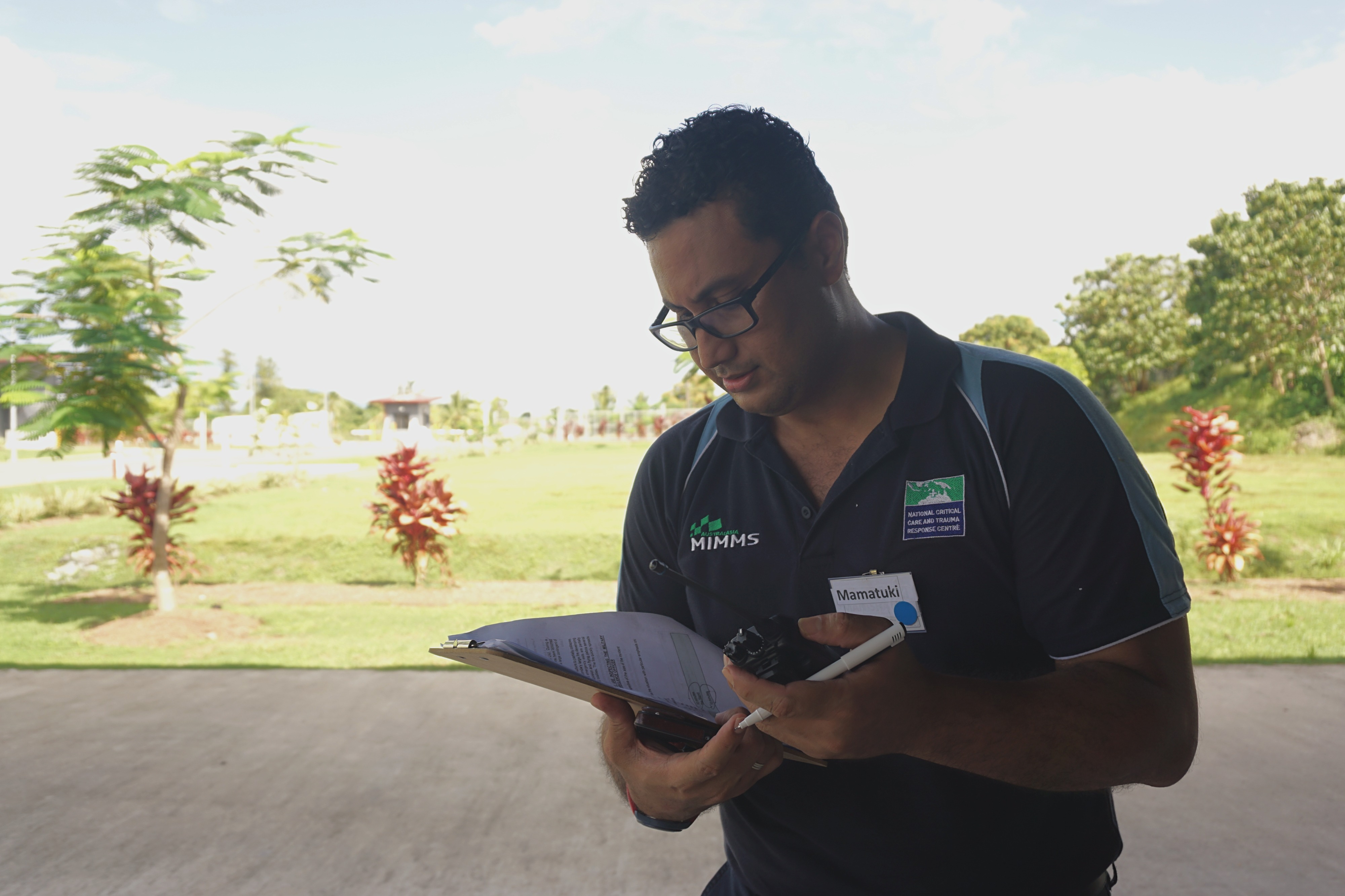
Dr. Mamatuki Sosefo said the networking element of these sessions was the most-valuable aspect of the training.
“That is the beauty of the MIMMS model, in that once you complete the course you are invited back to be a trainer of trainers. We started out with just the two Fijians amongst a larger cohort from across Australia doing the training in 2016, and now for the first time we have a dedicated training solely for Fiji,” he said.
The training not only provides participants with skills that focus on the use of a systematic approach to disaster medical management, it also offers a networking opportunity for those working as frontliners across the country.
“The networking element is key here with it going beyond just the hospital level. We are engaging with people from Customs, Immigration, the Fire Service and with private medical providers. If the time does come where we need to engage during a real emergency, the relationships have already been established,” Dr Sosefo said.
Dr. Lucy Ravea, who works in Emergency Medicine at the Lautoka Hospital, recently completed the course herself and having now returned as a trainer, she sees the benefits from both sides of the classroom.
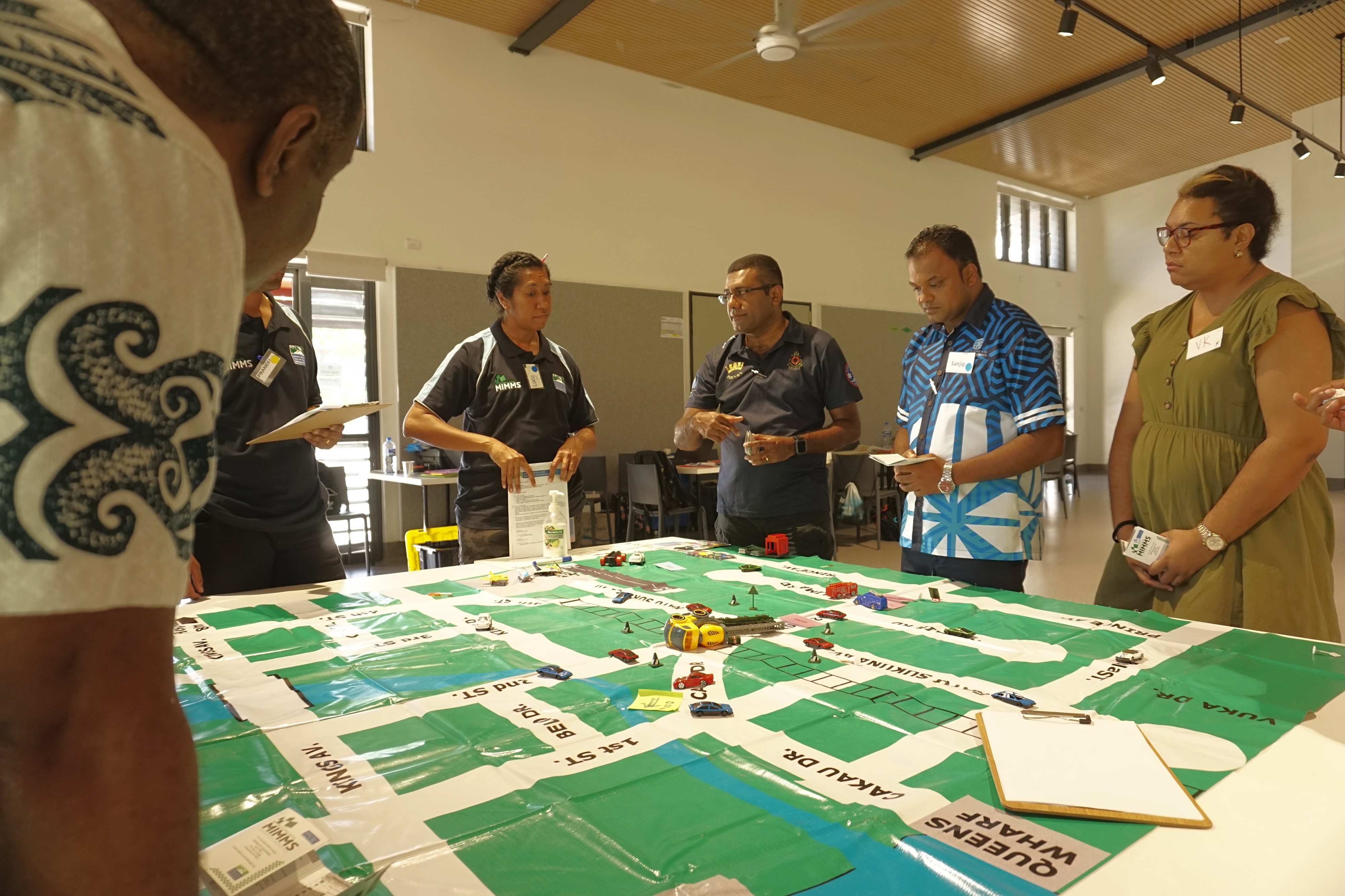
Dr. Lucy Ravea (centre) runs participants through a hypothetical emergency scenario.
“We often work on our own as first responders, being in a bit of a bubble at times. Training like this sees us aware of colleagues working across the first-responder space, and there is no doubt that through this training, as participants we leave with a much greater sense of inter-agency collaboration than we had prior to starting out,” she said.
No sector works in isolation when an emergency strikes. Emergency response is not about competitors, instead its focus is on collaboration.
Hon. Minister of Home Affairs and Immigration, Pio Tikoduadua, stated that “Through educating and empowering individuals and key service providers we will normalize a culture of preparedness in this post-pandemic world. We have an opportunity through this work to educate and empower a range of individuals and service providers across the government and non-government spaces, with the work ultimately ensuring that Fiji is better prepared should a traditional or non-traditional emergency strike our shores.”
Fiji’s preparedness efforts and its over-arching border management activities are supported by the Government of Japan, via the United Nations Development Programme (UNDP) Pacific Office in Fiji through the Integrated Border Management project. Working alongside key partners - the International Organization for Migration and the United Nations Conference on Trade and Development – Fiji is being supported to reinforce its border management capacities, capabilities and systems.
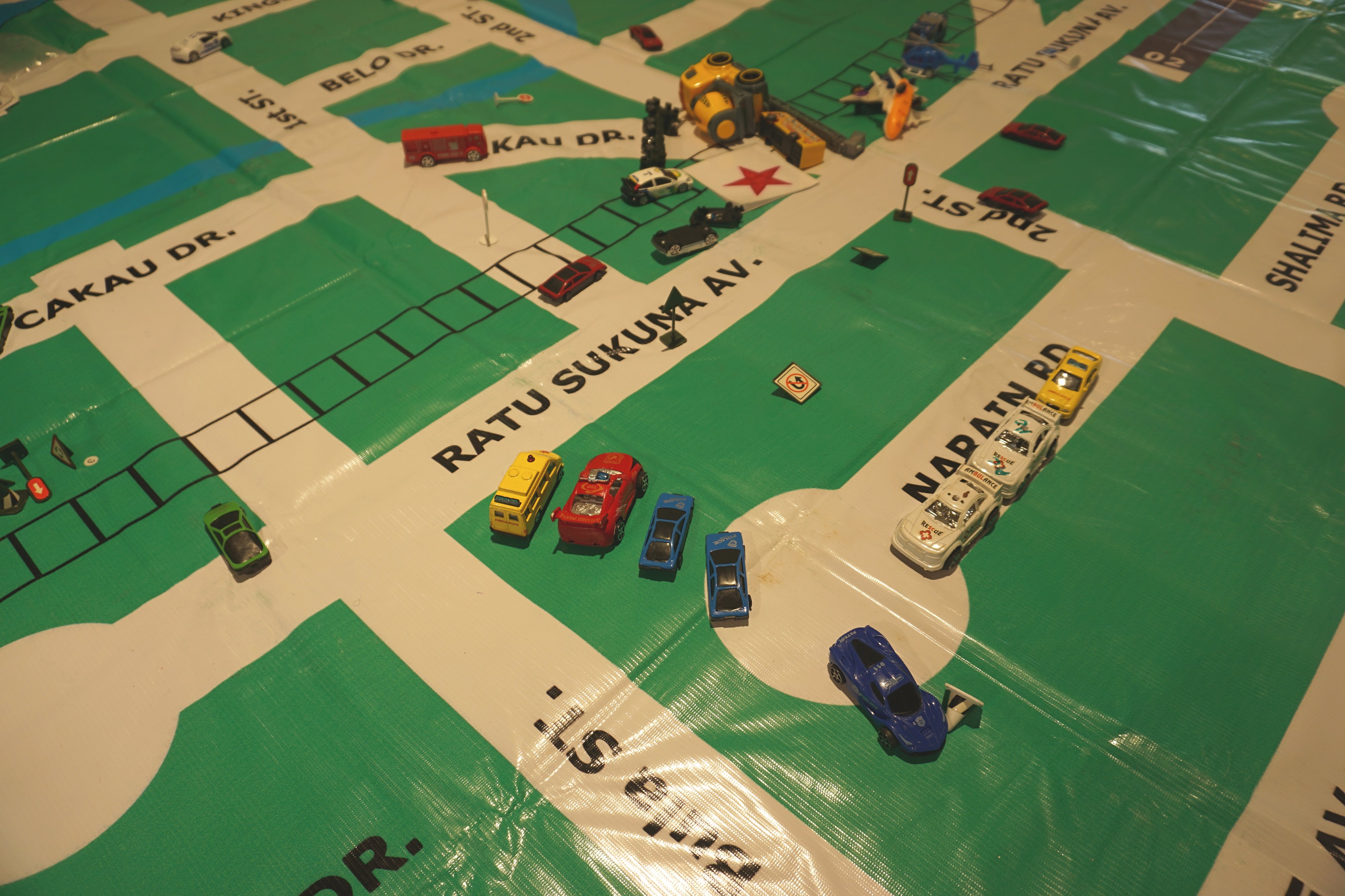
A table-top exercise allowed participants to act out a real-life emergency scenario should one to occur in Fiji.
Japanese Ambassador to the Republic of Fiji, His Excellency Kawakami Fumihiro, said the work on emergency preparedness was as important now as ever before.
“As a nation that is prone to disasters, both natural and man-made, the Government of Japan is well placed to support efforts like those underway in Fiji to ensure the country is ready to prioritise and improve its level of emergency preparedness, response, mitigation and recovery protocols,” he said.
UNDP Pacific Office in Fiji Effective Governance Team Leader (Officer in Charge), Rustam Pulatov, commended the efforts of Fiji in showing initiative to stay ahead of the game.
“Despite the recent announcement by the World Health Organization that COVID-19 is no longer considered a public health emergency, Fiji continues to prioritise preparedness efforts. Just as there is a need to accelerate the realisation of the Sustainable Development Goals after COVID-19, remaining vigilant for future challenges is crucial,” Mr. Pulatov said.
With a culture of preparedness and ongoing support from international partners, Fiji is now better positioned to face any traditional or non-traditional threats that may arise in a post-pandemic world.

 Locations
Locations